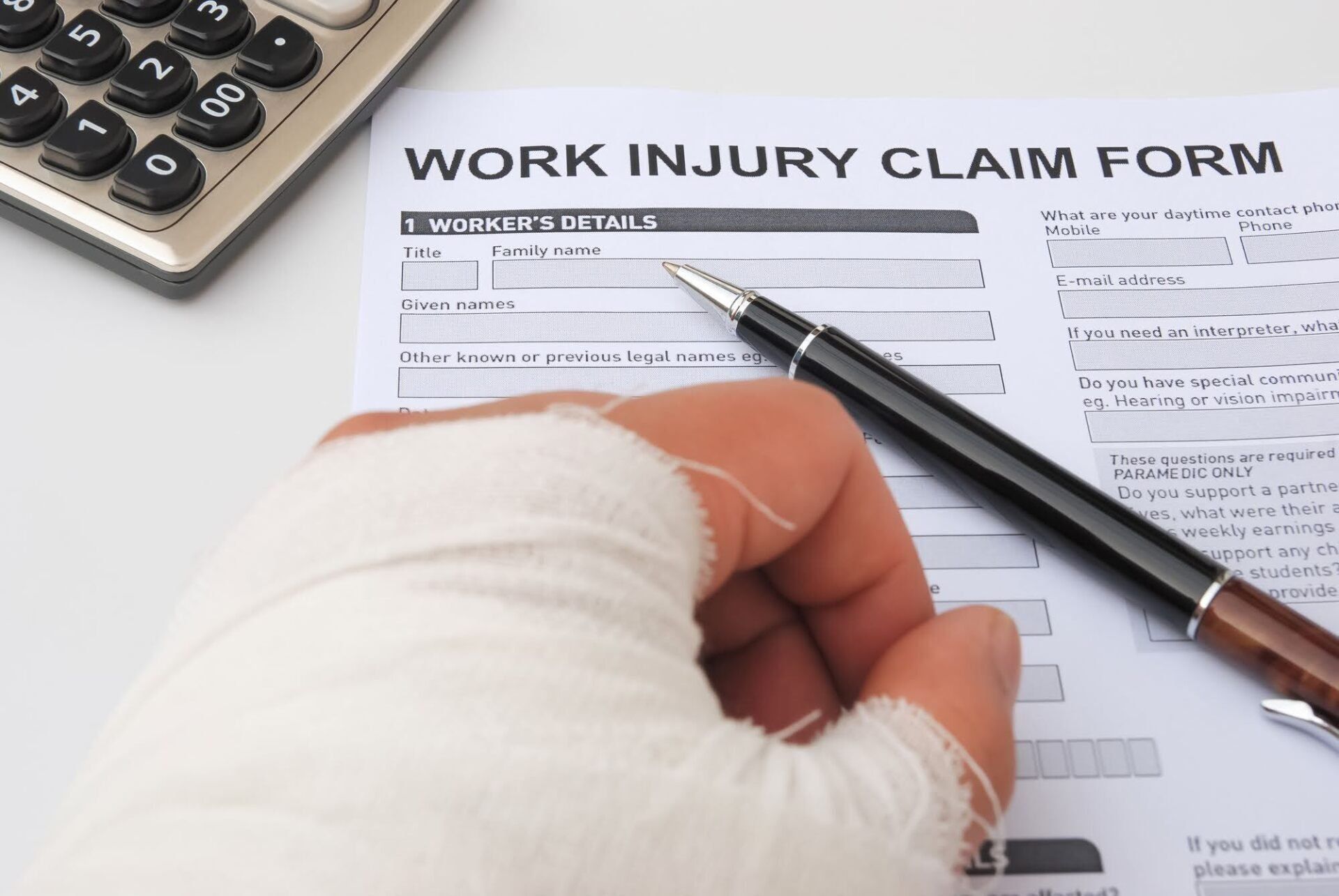What You Should Know About Wrongful Death Lawsuits

If you have a loved one who recently passed and you believe someone is responsible for their death, you may be considering filing a wrongful death lawsuit so you can continue to support yourself and your family without the help of your loved one.
Before you file a lawsuit, check out these facts you should know.
The Settlement Is Largely Based on Pecuniary Injury
Pecuniary injury is just another term for financial injury, which is the foundation for your settlement offer. As with a personal injury case, this usually includes any medical bills related to the accident, but it will also likely cover the cost of funeral expenses too. If there was physical damage to something like your car, the cost to repair or replace the car is usually considered.
Of course, in many cases, when a loved one dies you also lose a source of income, which can drastically impact the family. Therefore, pecuniary injury also includes the loss of earning capacity. In other words, you lose out on all the money your loved one would have made in the future. This amount includes wages and retirement accounts, such as a 401(k) account.
Other Types of Damages May Also Be Considered
When a loved one is taken suddenly and wrongfully, it's not just financial injury you face. You may also have non-pecuniary damages. These damages may be related to emotional pain and suffering, such as depression and anxiety.
Pain and suffering, however, can also include a reduced quality of life due to the accident, such as a negative impact on your relationships or no longer being able to enjoy old activities.
If the wrongful death was caused by gross negligence, or the person purposely wanted to hurt your loved one, you may also qualify for punitive damages. This situation is uncommon in wrongful death cases, with the exception of elder abuse cases involving neglectful nursing homes.
Settlements Are Based on a Formula
Your final settlement is based on pecuniary injuries and non-pecuniary injuries. However, before a settlement can be made, the court or insurance carrier will need to determine the extent of your future pecuniary injuries. In other words, they will try to estimate how much more money your loved one would have made if the accident did not occur.
This process is done by considering your loved ones education and work history to determine how long your loved one would have worked and if they would have advanced.
However, the court will also consider your loved one's overall health (mental and physical) and how often they participated in high-risk activities, such as skydiving. The better your loved one's health and the fewer risky activities they perform, the bigger the settlement.
The Judge Can Overturn a Jury's Decision
Ideally, the insurance company will offer you a fair settlement, so you don't have to go to trial. But if that doesn't happen, you'll probably need to hire an attorney and file a lawsuit to get the settlement you deserve. Then, a jury typically decides the final fair settlement offer.
A judge, however, can overturn a jury's decision, but they will only do this if they have information the jury is lacking or didn't consider. For example, perhaps a rough economy caused your loved one to be unemployed at the time of their passing. This would result in a low settlement, but if the judge sees your loved one had a stellar work history otherwise, they may increase the settlement.
Losing a loved one is never easy, and in many cases, it leaves you with financial burdens you can't afford. With a wrongful death settlement, however, you get the money you deserve. If you would like to know more about wrongful death lawsuits, contact us at the Law Offices of David A. Helfand, P.A., today.
CONTACT US
We will get back to you as soon as possible
Please try again later
CONTACT US
We will get back to you as soon as possible
Please try again later
Office Hours:
- Mon - Fri
- -
- Sat - Sun
- Closed










